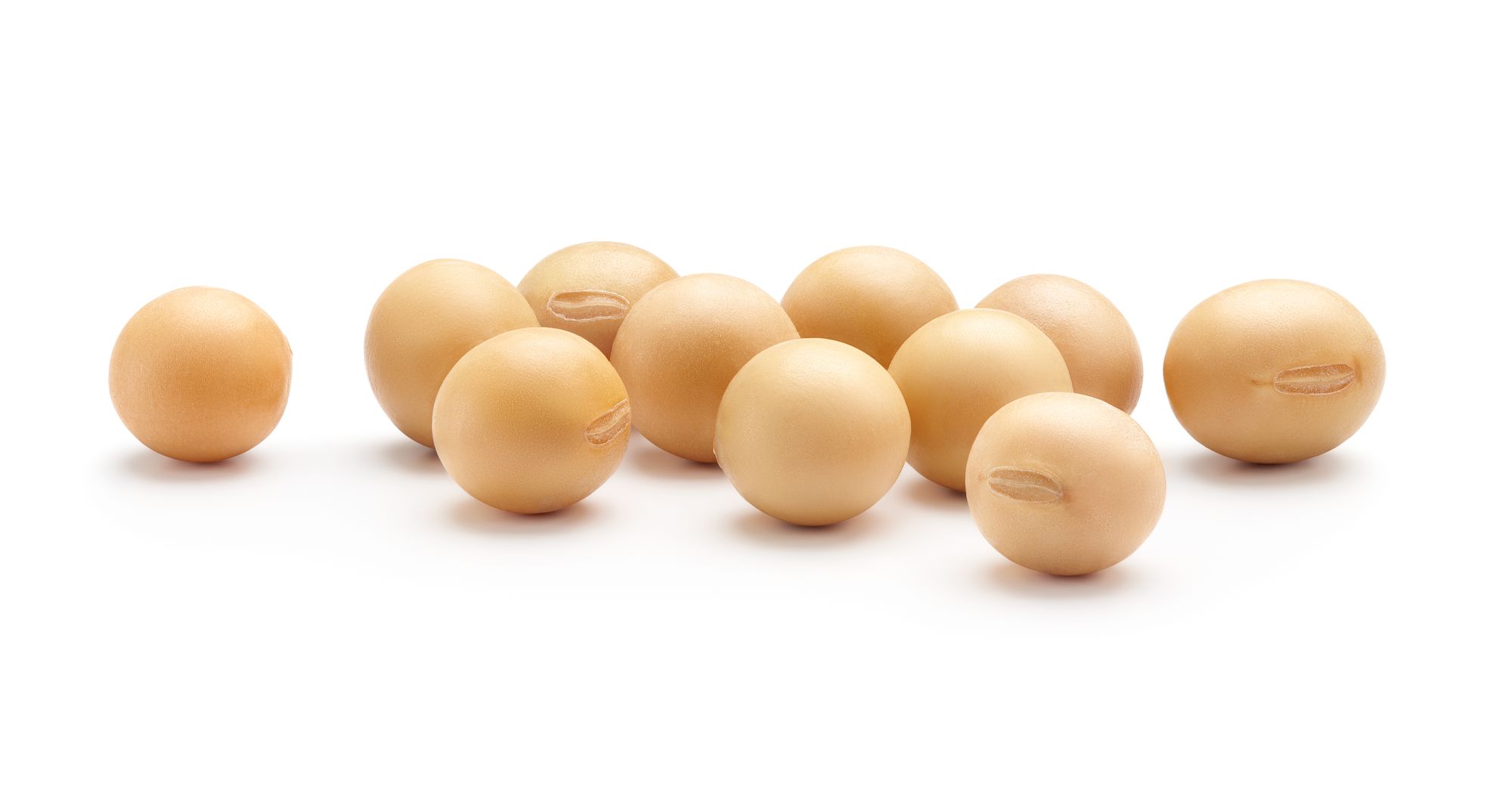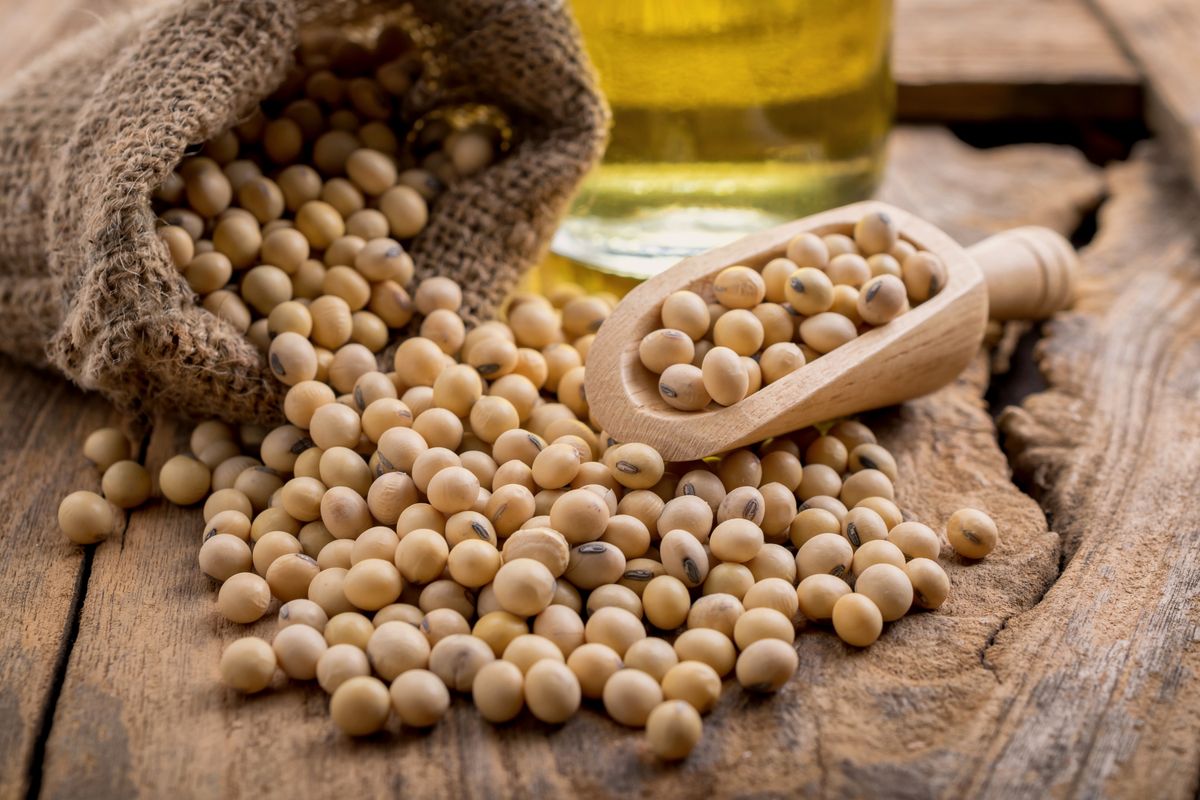A recent study published by Antioxidants found that consuming soy, either by adding it to your diet or increasing its intake, can decrease cholesterol levels, rivaling the effectiveness of commonly prescribed cholesterol medication, statins. The study analyzed 19 types of soybeans with varying glycinin and B-conglycinin levels, grinding and defatting each. After simulating digestion and testing the soybean flour on fatty cells, researchers discovered that the proteins glycinin and B-conglycinin in soybeans reduced cholesterol. They then measured the absorption of LDL (bad) cholesterol in each sample.
"In the study, we evaluated various parameters linked to cholesterol and lipid metabolism, along with markers such as proteins and enzymes that can have a positive or negative impact on lipid metabolism," according to Dr. Elvira de Meji, Professor of Food Science at the University of Illinois Urbana-Champaign, as reported by Medical News Today.

Additionally, the study compared the efficacy of soybeans and the cholesterol medication Simvastatin (also known as Zocor per Mayo Clinic). The digested soybean peptides were found to reduce lipid accumulation by 50% to 70%, comparable to the 60% reduction achieved by Simvastatin, as reported by Dr. de Meji to Medical News Today. The study's findings indicate that consuming certain types.
Stephanie Wells, MS, RD, cautions that the study's results may not apply to humans as it was conducted in vitro. She also notes that the researchers tested 19 types of soybeans with varying glycinin and B-conglycinin levels, making it challenging for consumers to determine the type of soybean in their tofu. Moreover, since the soybeans were defatted, it is uncertain if the same effects on LDL cholesterol would be seen with whole soy foods, like edamame, tempeh, and soy curls, or minimally processed foods like tofu and soy milk that have not had their fat removed. Wells cites a 2015 study that found stronger LDL-lowering effects with whole soy foods compared to heavily processed soy products. However, some concerns exist regarding the healthfulness of processed soy foods, and if the study's results translate to humans, it may help alleviate these concerns. Despite the limitations, Wells emphasizes that soybeans are a nutritious legume, rich in protein, fiber, isoflavones, and heart-healthy monounsaturated and polyunsaturated fats, low in saturated fat and cholesterol. Hence, including soybeans as part of a heart-healthy diet can be a good option for those looking to reduce their cholesterol levels.

